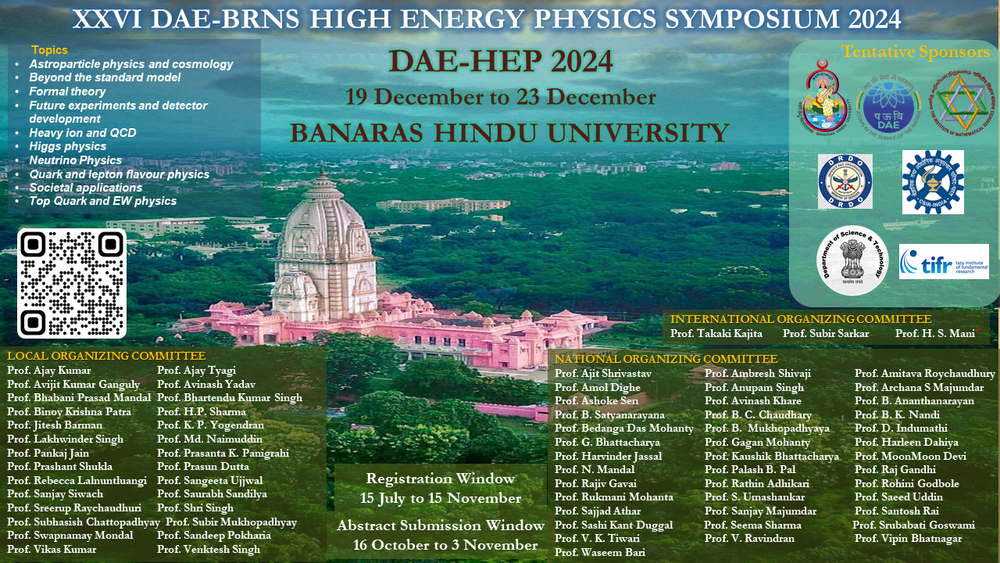Speakers
Description
We estimate the diffusion coefficient matrix for baryon number, strangeness, electric charge, and charm quantum numbers in an interacting hadron gas. For the first time, this study provides insights into the charm current and estimates the diffusion matrix coefficient for charmed states, treating them as part of a quasi-thermalized medium. We analyze the diffusion matrix coefficient as a function of temperature and center-of-mass energy, assuming van der Waals-like interactions among hadrons, which include both attractive and repulsive forces. The diffusion coefficients are determined using the relaxation time approximation to the Boltzmann transport equation, showing good agreement with existing model calculations in the hadronic regime. We observe that at low $\sqrt{s_{NN}}$, hadrons carrying conserved charges such as baryon number ($B$), electric charge ($Q$), and strangeness ($S$) diffuse more rapidly compared to charmed hadrons. As a result, charm fluctuations generated in the early stages of heavy-ion collisions remain significant until freeze-out. In experiments, the net proton number cumulants are typically used as a proxy for net baryon fluctuations. However, the greater diffusion of baryons could lead to a smearing of the critical point signal. Thus, we propose using net charm number fluctuations as a new probe to locate the QCD critical point.
| Field of contribution | Phenomenology |
|---|

